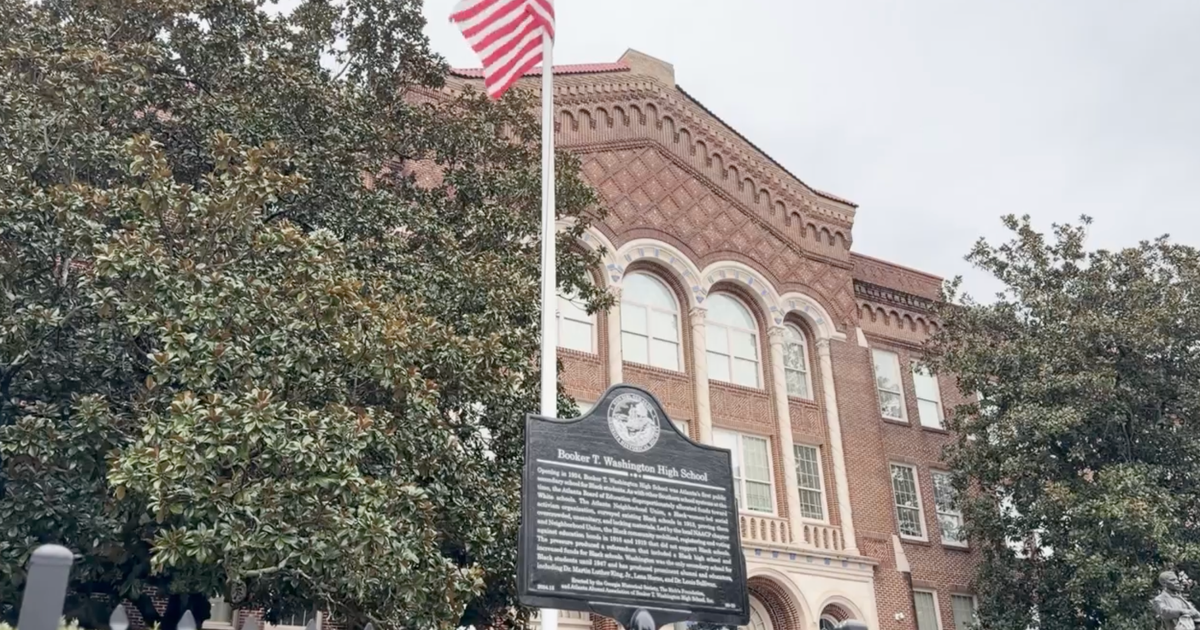Black women are at higher risk for miscarriage, study finds
Black women have a higher risk of pregnancy loss compared to White women, according to a study published this week in The Lancet, a peer-reviewed medical journal. Researchers in the United Kingdom analyzed data from 4.6 million pregnancies in seven countries, and the analysis suggests the risk is 43% higher for Black women.
"It's something that hasn't been highlighted before and something that we need to understand more about," Siobhan Quenby, a professor of Obstetrics at the University of Warwick and co-author of the study, told CBSN.
The report pointed out that an estimated 23 million miscarriages occur each year worldwide, affecting one in ten women in their lifetime. This equates to an estimated 44 pregnancy losses every minute, according to the study.
Quenby said the higher likelihood of miscarriage for Black women came as a surprise to researchers and is a big question that is "difficult to understand."
"All we can suggest is perhaps they have more of these risk factors," Quenby said. "We also think that maybe there's some social factors in certain societies."
Risk factors for miscarriages indicated in the study include increased age, body-mass index, alcohol consumption, smoking, being exposed to pollution and pesticides, undergoing persistent stress, and working night shifts.
Quenby also pointed out that in her experience working at the UK's National Health Service, Black women were reluctant to attend health services.
"This is a complicated thing between physical and social factors," she said. "It's something that we really need to get our heads around."
According to the study, women who suffered miscarriages of all ethnicities were more vulnerable to long-term health problems such as heart disease, stroke and thrombosis. Quenby said that 20% of women suffer from post-traumatic stress disorder about nine months following a miscarriage. She also noted increases in anxiety, depression and suicide have been noted in women who had miscarriages.
"Miscarriage really matters," Quenby said. "It isn't something that shouldn't be talked about or should be hidden away by society or stigmatized. Every miscarriage is an important event in someone's health status."
Racial disparities also exist when it comes to maternal mortality. A 2020 report published by the Organization for Economic Co-operation and Development, an intergovernmental organization, found that the United States had the highest maternal mortality rate among developed countries, and the number of deaths for Black women was found to be more than two times higher than that for White mothers.
"This is an issue that we cannot buy or educate our way out of," Dr. Joia Crear-Perry, an OB-GYN and the president of the National Birth Equity Collaborative, told CBSN. She said that college-educated Black women were found to be five times more likely to die within a year of childbirth compared to college-educated White women.
Quenby said that a comprehensive renovation of the language and medical care offered for those that have had miscarriages is necessary. "This philosophical change to thinking about every miscarriage matters," she said. "The first important thing is to talk, particularly for the woman to feel able to talk about the trauma."



